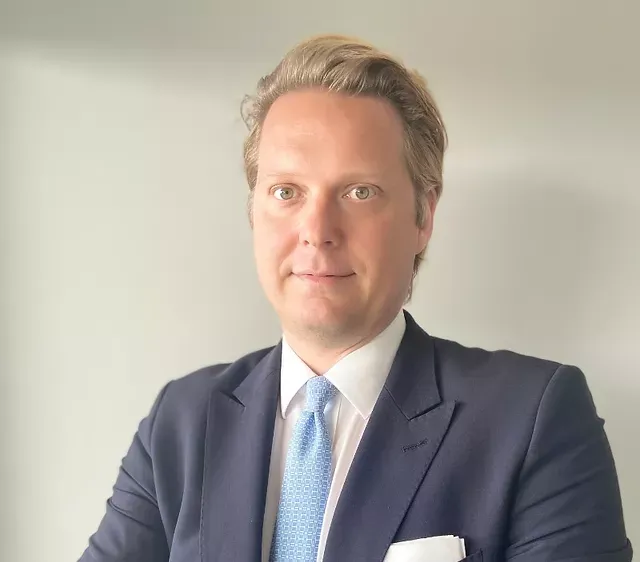
Alexander Kern
Summary
Dr. Alexander Kern is currently the Managing Partner of the Euro-Institute Monaco, a M&A Consulting Firm. Dr. Kern, a German citizen living in the Principality of Monaco, holds a Ph.D. in Corporate Finance & Innovation Management Science, with the University Aix-Marseille.
Biography
Before Alexander Kern became a Managing Partner of the Euro-Institute Monaco, he spent a year at Harvard University, and the National Bureau of Economic Research, where he worked as a Research Assistant of Professor Dr. Richard Freeman. Dr Kern’s dissertation investigates the outcome of ‘shared capitalism’ – employee stock ownership – on the weighted average cost of capital at listed firms such as Silicon Valley IT companies.
The research hypothesis is that shared capitalism increases productivity at firms while decreasing their cost of capital. The results of his research were presented, for example, at international conferences, at the European Commission, and to the German Finance Ministry. In addition, Alexander Kern has several years of experience in high-performance environments such as consulting, finance, international politics, and online start-ups.
Alexander Kern enjoys leading and working in, teams, maintaining a clear vision of objectives, and keeping up the team spirit. He describes himself as a result-driven person with an entrepreneurial and pioneering spirit with strong structured and analytical skills combined with a hands-on approach.
Vision
His vision can be found in a recent interview with Dinis Guarda:
”I explored how technology would affect corporations and the economy as a whole. An eye-opening experience was when I had an interesting conversation with one of my teachers. He asked me what would happen if the robots were going to take over the world… At first, I was shocked by the question as he was a professor of economics. But I soon realized the importance of technology in the economy of the future as well as all the implications of these developments in the economy. In fact, it will turn everything upside down, a disruption that can change the way wealth is created and distributed”.
“Europe is still one of the regions of the world where innovation happens. It has a long tradition of education and entrepreneurship. The problem comes when these companies and entrepreneurs start in Europe but soon move to the US, for example. And one reason is that in the US the investors are more willing to take risks and invest in new companies whereas in Europe they are more reluctant to do that. This makes the US a much more proactive business market. That is one of the main challenges for Europe in the coming years”.
“Sustainability and smart cities are extremely important for the future of society in general. Thinking about the European market, I feel like many governments and cities are struggling to develop smart cities. Smart cities require building new infrastructure and that is very costly and requires consensus and resources and finding that holistic strategy has become problematic in some areas of Europe”.
Recognition and Awards
References
- https://mc.linkedin.com/in/akern1
- https://www.cisl.cam.ac.uk/directory/kern-alexander
- https://www.ius.uzh.ch/en/staff/professorships/alphabetical/alexander/person.html
- https://www.instagram.com/akx_capital/?hl=en
- https://www.akx.capital/team
- https://kern.io/
- https://www.youtube.com/watch?v=-tqnVIP4_e8
- https://m.facebook.com/intelligentHQ/posts/3553166698061180
- https://www.tiktok.com/@alex.capital
- https://www.euroinstitut.com/
Discover up-to-date information on Business, Industry Leaders and Influencers, Organizations, Education, and Investors – connecting you to the knowledge you need.
